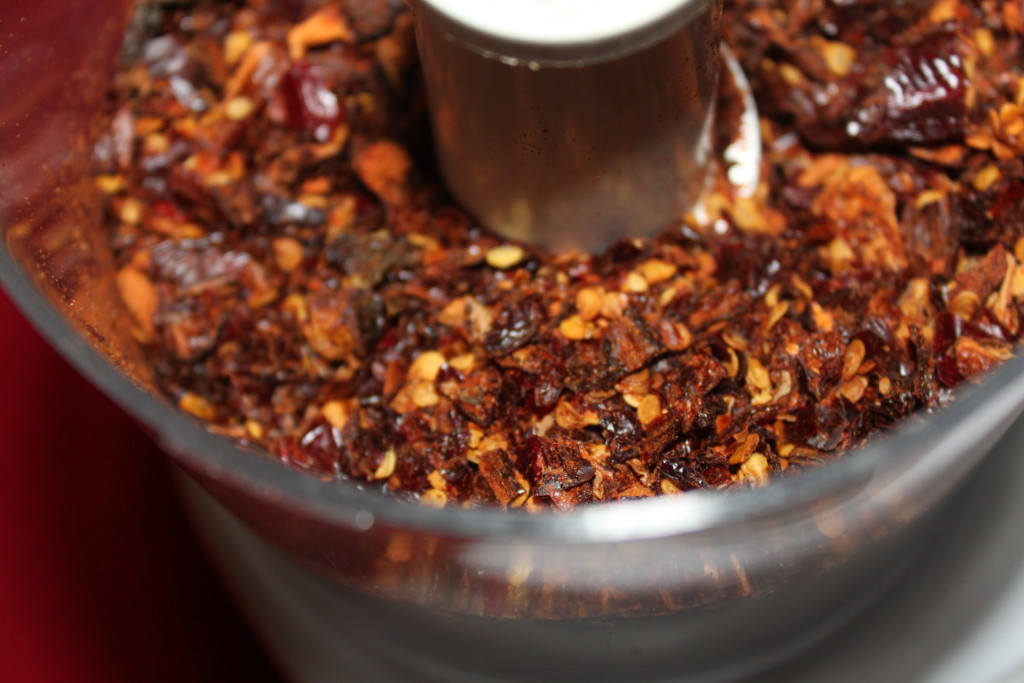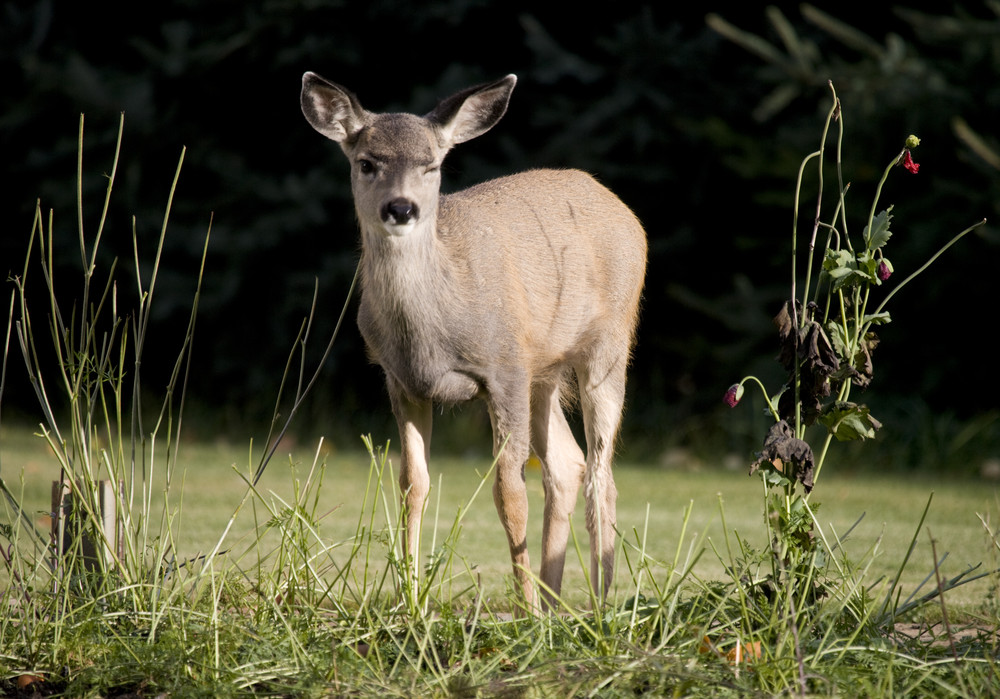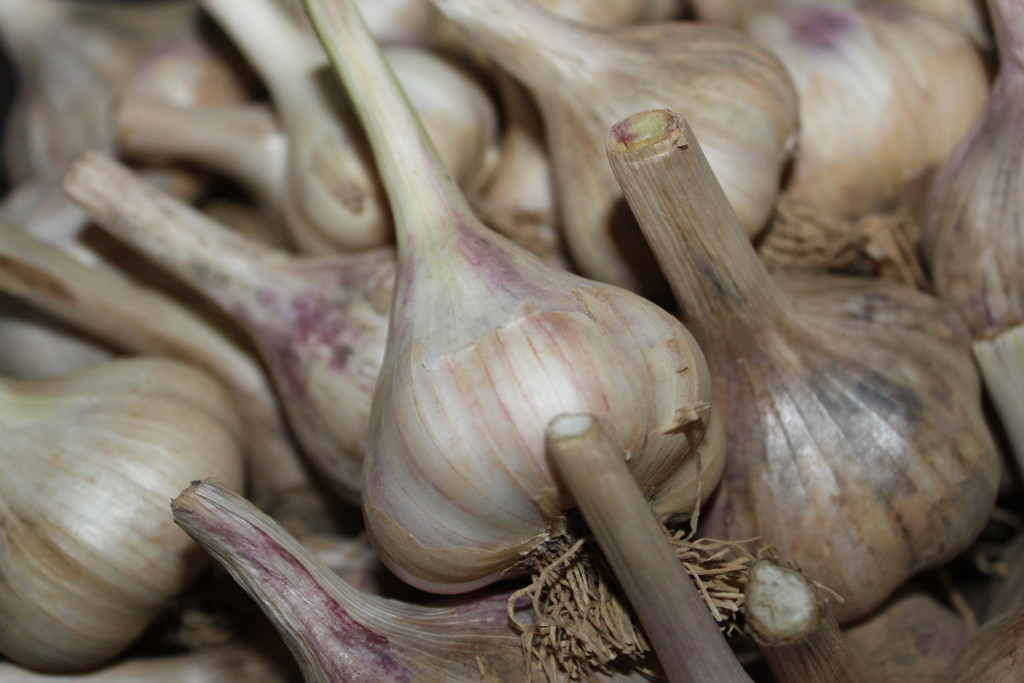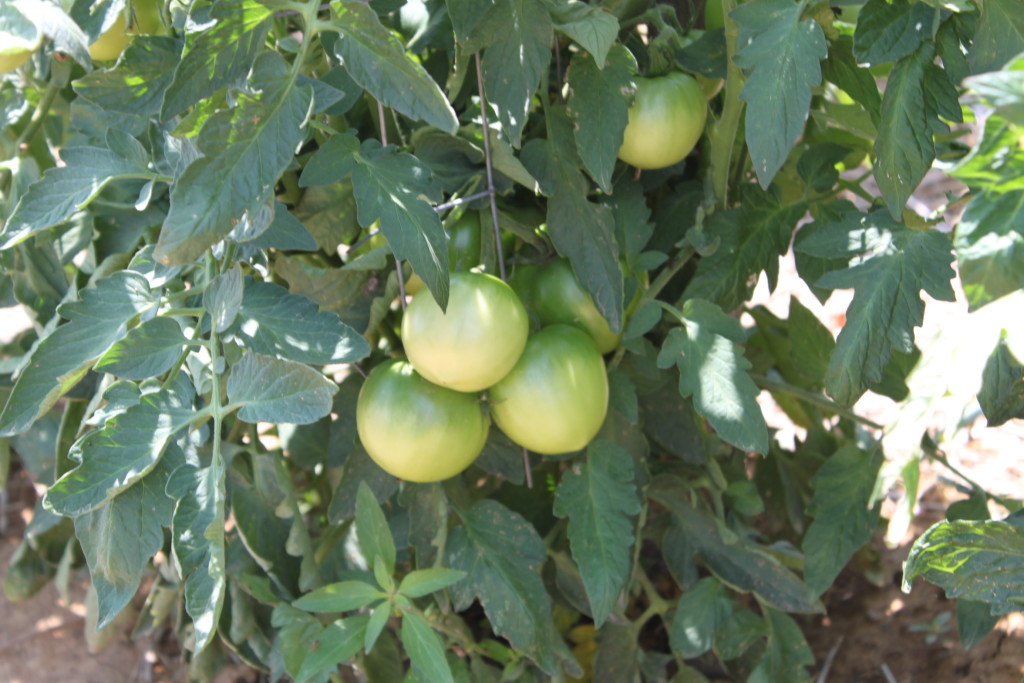5 Natural Garden Sprays For Combating Insects, Pests and Animals
It’s ironic in a way, but the more you begin to practice simple, sustainable and organic principles in your garden like crop rotation, cover crops and the use of compost – pests and disease issues decrease significantly. When there is diversity in the landscape, things have a tendency to keep themselves in order with a system of natural checks and balances.
We try hard to not use even natural garden sprays – realizing that good bugs and usually sacrificed along with the bad when used. With that said, however, there are moments in every gardeners’ life that insects, pests and animals do for one reason or another become a serious issue to the success of a harvest. When that happens – here are 5 great natural sprays that work without coating your harvest in man-made chemicals.
All Natural Garden Sprays
Hot Pepper Spray

This is one of our absolute favorite to use and is simple to make! Hot pepper spray is effective for aphid control – as well as deterring many rabbits, rodents, groundhogs, raccoon and deer from munching on your plants. The spray is deadly to the aphids – and extremely untasty to the animals as they bite into the leaves.
Ingredients: 1 gallon of water, 3 Tablespoons of hot pepper flakes (or 10 peppers chopped up finely if using fresh peppers. Cayenne is the pepper of choice for us – but you can also use jalapeno, Habanero or other varieties.
Simmer the ingredients in a pan for 15 minutes. Heating the liquid helps to infuse the oils from the hot peppers into the water – making for a more potent spray. Let the mixture sit overnight – then strain through a cheesecloth or micro strainer. Add in a couple of drops of natural biodegradable dish soap or a tablespoon of olive oil or milk to the mix. The soap, olive oil, or milk additive is nothing more than a “sticking” agent to help the mix adhere to the leaves. Spray affected plants early in the morning or late in the evening to avoid scalding from the sun. Re-apply every 5 to 7 days or after a hard rain for maximum effectiveness.
Egg / Water / Garlic / Hot Pepper / Milk Mix For Repelling Deer and Small Animal
This is one of the most time-tested and trusted natural garden sprays for repelling deer and small animals that are munching on everything from garden plants, and fruit trees, to evergreens and shrubs. It may not completely eliminate damage, but will certainly help in controlling hungry animal appetites.

The recipe is simple : 2 eggs, 1 gallon water, 4 cloves of garlic, 2 teaspoons of red pepper flakes and 1/4 cup of whole milk. It’s best to blend the ingredients all together in a blender to mix thoroughly – especially if you will be using in a sprayer. Strain the mixture and apply to the foliage of plants where deer, rabbits, and other animals have been eating.
The key is re-apply weekly, or after any hard rain to keep the effective barrier in place.
Garlic / Mineral Oil Insect Spray
This spray made with garlic, mineral oil and water is a great choice to control aphids, slugs and other small insect infestations. It is one of the best natural garden sprays around.

Garlic has long been known to be a natural remedy for all sorts of ailments – and its super qualities extend into the garden. The compounds found in garlic are deadly to insects such as aphids and whiteflies – and many garden pests like beetles leave treated plants alone.
Ingredients: 3 to 4 cloves of minced garlic, 2 teaspoons of mineral oil. Mix together and let sit for 12 hours, strain the garlic and . Add the oil to 2 cups of water along with a teaspoon of olive oil or biodegradable dish soap as a sticking agent. Spray on affected plants in the early morning or late evening. Avoid spraying during the middle of the day as the oil in the mix can burn the leaves if heated by the sun.
Tomato Leaf Spray – The Aphid Killer
Who knew that the leaves of a plant already in most gardens could be such a great weapon against aphids? Although a strong blast of water is usually enough to clear plants of a small aphid infestation, you can make this homemade bug spray when things get past the “water spray” point.

Just chop up 2 to 3 cups of tomato leaves and let it steep in 2 cups of water overnight. Strain the next morning and use a spray bottle to apply to the affected plants. Be sure to spray the undersides of the leaves as well. The alkaloids that are found naturally in tomato leaves are actually a toxin to aphids, but won’t affect the plants and vegetables, or us humans for that matter.
Milk For Powdery Mildew
If powdery mildew is an issue for you – then you need to become a fan of milk! Powdery mildew can be a big problem for many gardeners, especially in cool, rainy conditions. Although it rarely kills the plant – powdery mildew can leave plants coated in an ugly white film on crops like cucumbers, squash and zucchini – leaving them weak and less productive.

Believe it or not – it’s milk to the rescue! Although it is not entirely not known why – the compounds in milk seem to react against powdery mildew, keeping plants healthy and strong.
Most recipes use one part whole milk to two parts water, mixed together and then sprayed on plants every 5 to 7 days or re-applied after a hard rain. Milk…it does the garden good!
We hope you enjoyed this week’s article on natural garden sprays, be sure to check out our new book Growing Simple, now available at Amazon.com in both paperback and ebook versions. If you would like to receive our Recipes, DIY and Gardening articles each week, be sure to sign up to follow the blog via email in the right hand column above, “Like” us on Facebook, or follow us on Twitter.
Happy Gardening! Jim and Mary


